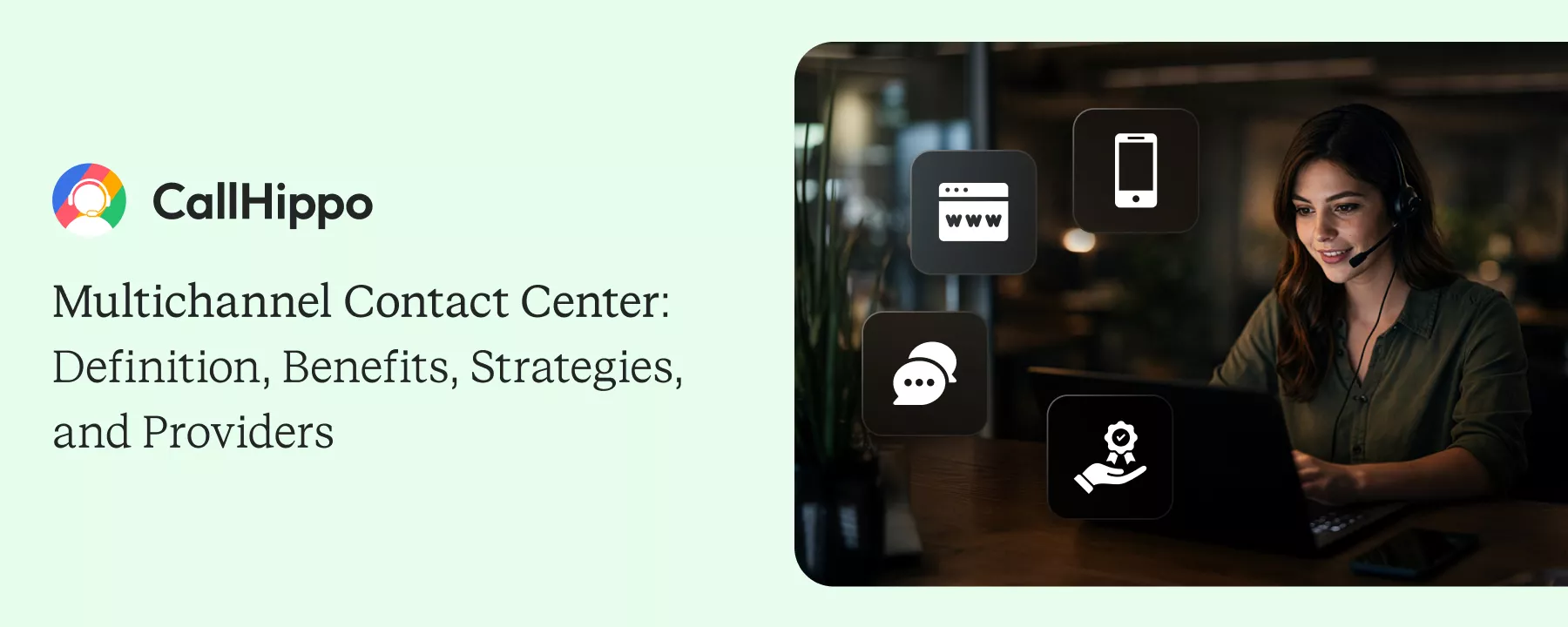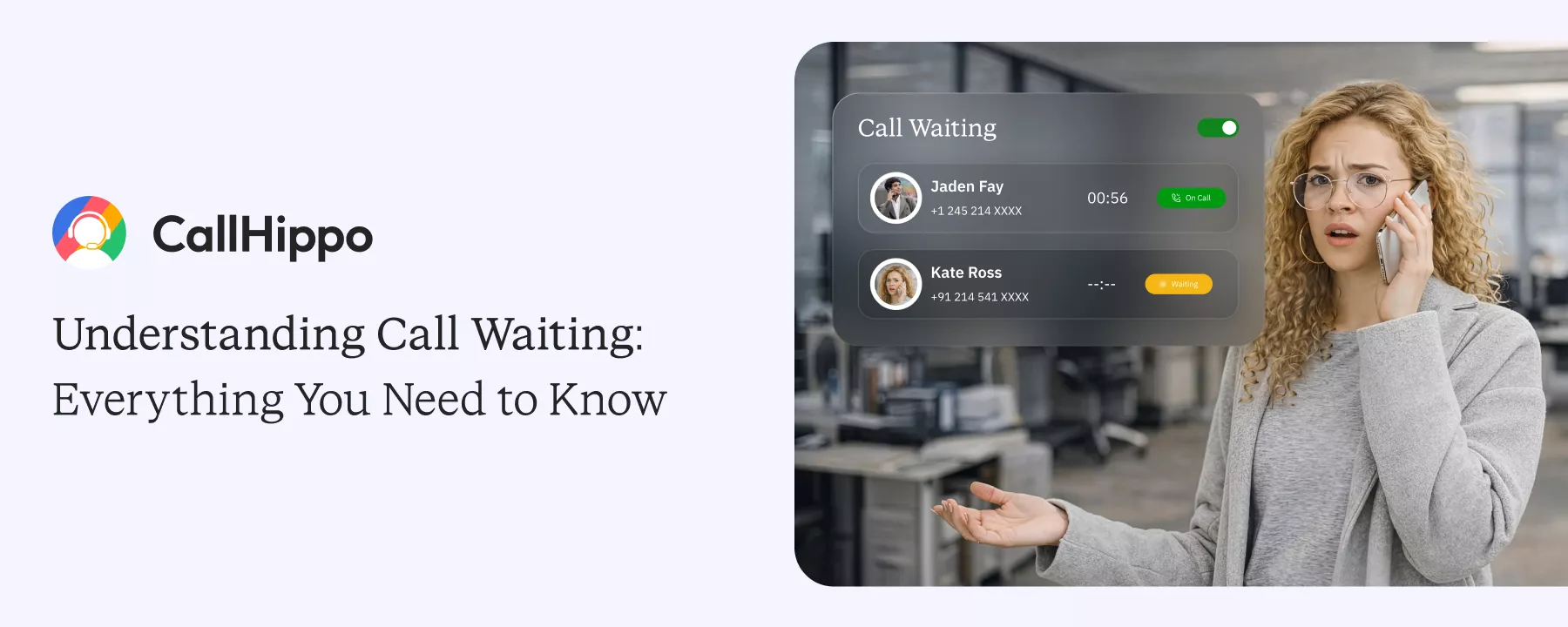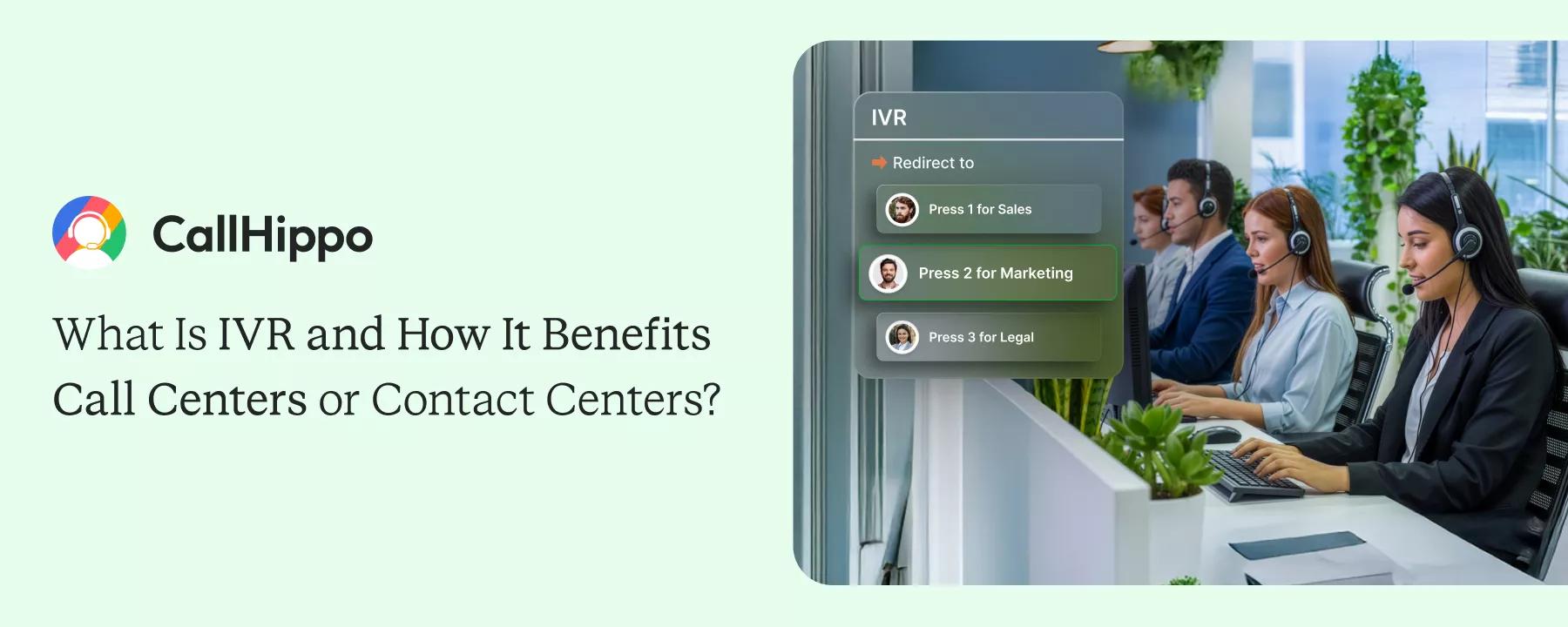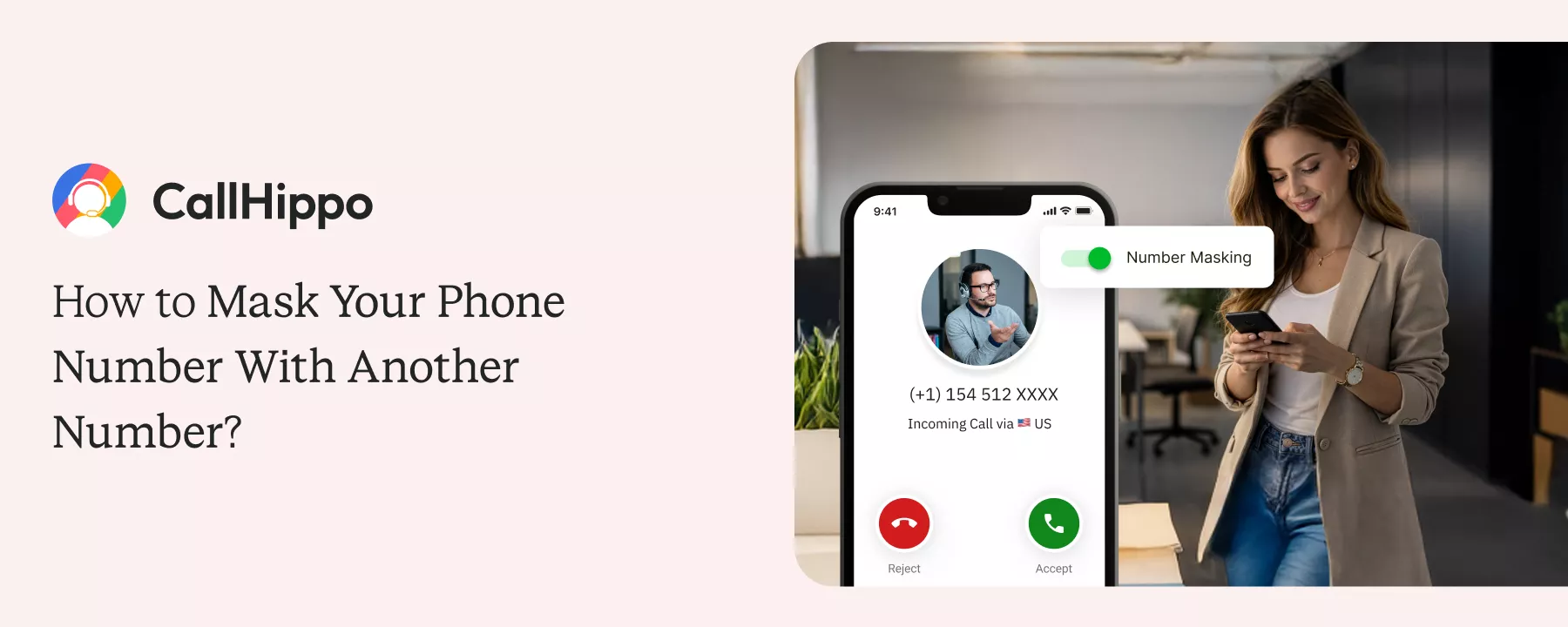Calling Saudi Arabia from the US sounds simple, but small mistakes can quickly...


Calling Saudi Arabia from the US sounds simple, but small mistakes can quickly...

A multichannel contact center is an indispensable part of an evolving...

Sales call recording is a practice where the conversation between the sales...

In today's fast-paced world, staying connected is more important than ever....

Nobody calls a business hoping to repeat themselves three times. Customers...

Making a call to Australia from the UK is a straightforward process, but it's...

Most businesses delay changing phone providers for one reason: the phone...

To deliver consistent service to customers, you need to select a...

Have you ever wondered how businesses manage to keep their phone numbers...

Having friends and family living in the US? Or, are you planning to expand...





